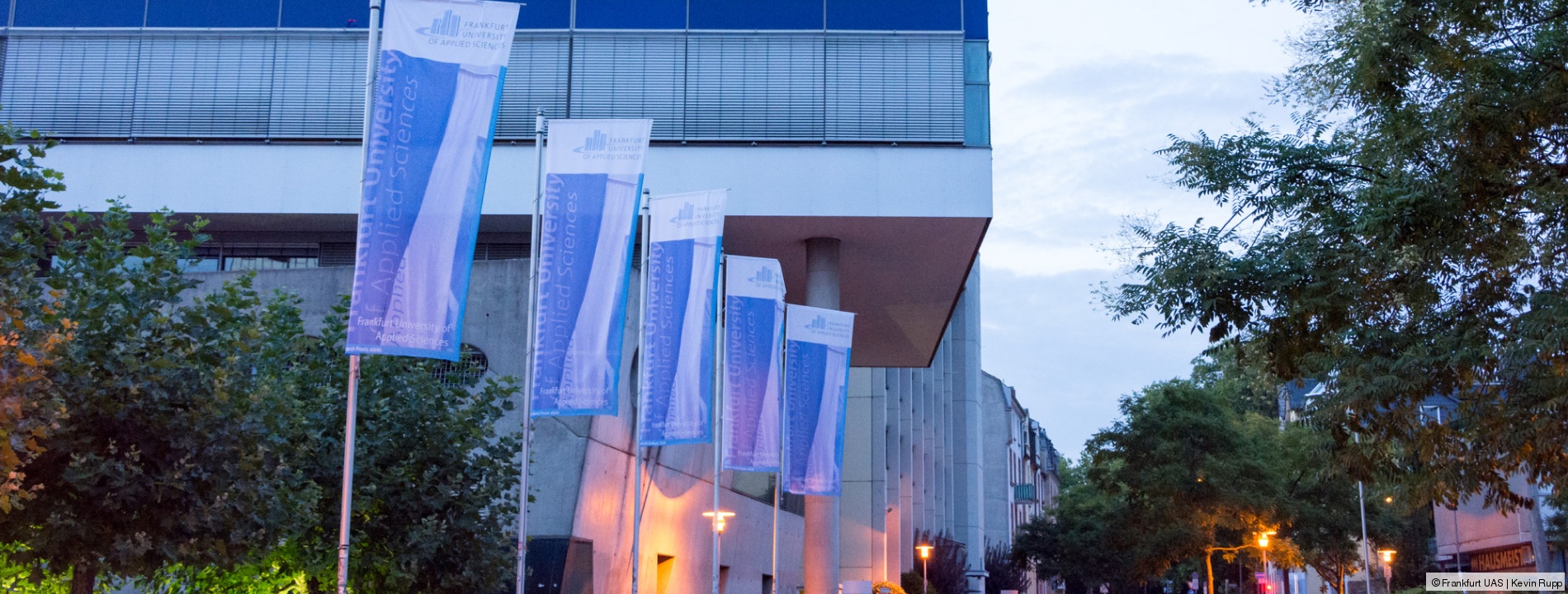Product development greatly influences a product’s environmental impact. To enable the early detection of ecological weak points and promptly take suitable design measures, thereby minimizing environmental degradation over the whole product life cycle, it is essential to use effective and efficient environmental impact estimation methods already at this early stage. It is often the case that it is not always possible or else too costly at this stage to perform comprehensive life cycle assessments; therefore, abbreviated assessment methods play a particularly crucial role.
Abbreviated assessment methods frequently only consider individual environmental aspects of production processes while considering processes for treating waste and/or residual materials to very limited extent only. Accordingly, they are assessed in EcoDesign as uncritical to a greater degree than they actually are. In addition, the selection of available processes in abbreviated assessment methods is very small so that unavailable production and waste treatment processes are often substituted by non-representative processes and therefore ecologically evaluated in realistic terms to a limited extent only. Both lead to uncertainties – in some cases significant – in the application of such methods, leaving optimization potential unrecognized.
The research project is designed to contribute to reducing the uncertainties in the abbreviated assessment and, to this end, to provide a sufficient number of abbreviated assessment metrics for selected production and waste treatment processes that take into account all relevant forms of environmental degradation. Existing assessment approaches are assigned to reference processes whose environmental impacts are assessed and aggregated to the easy-to-use abbreviated assessment metrics Eco-Indicator and carbon footprint.



